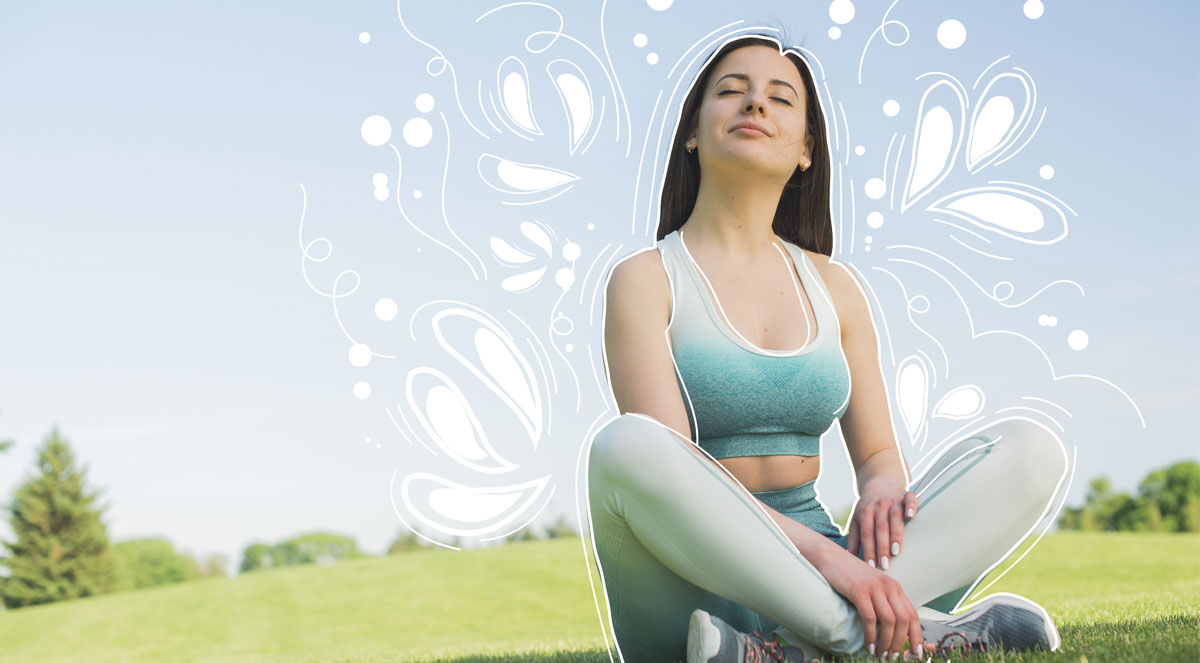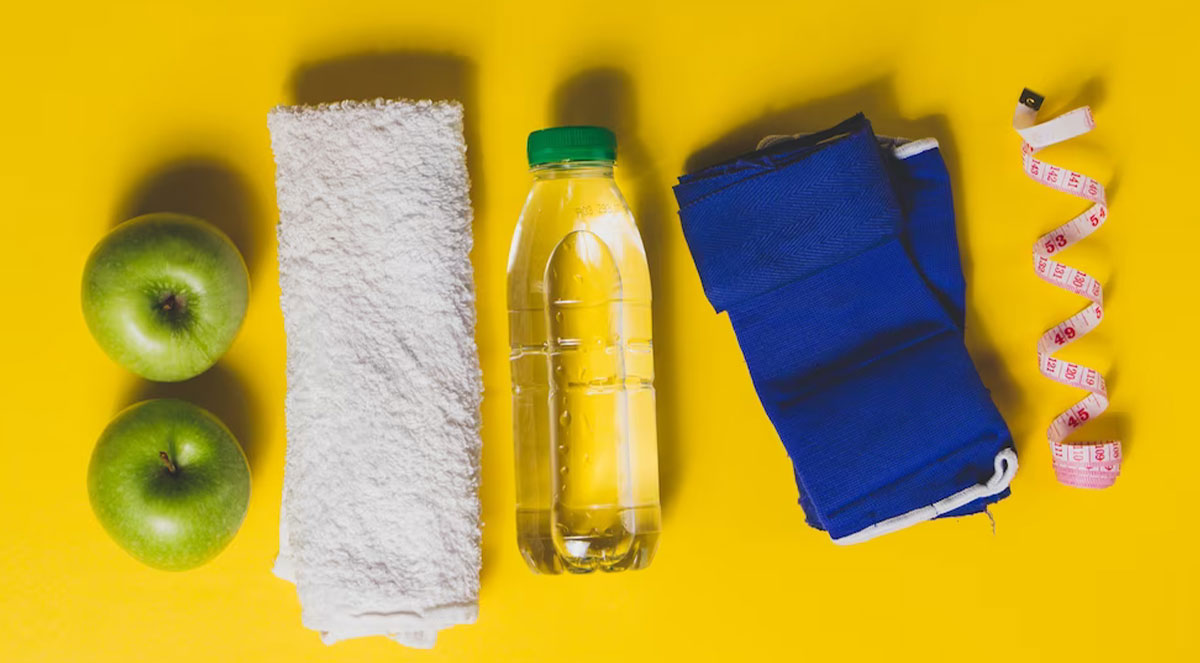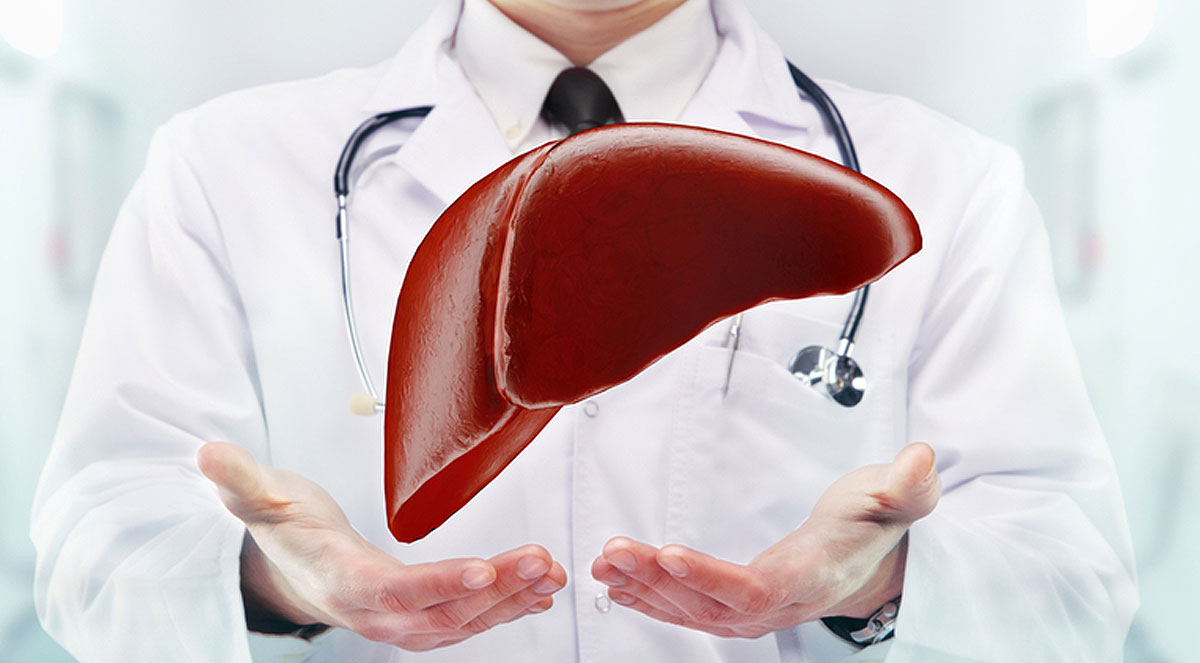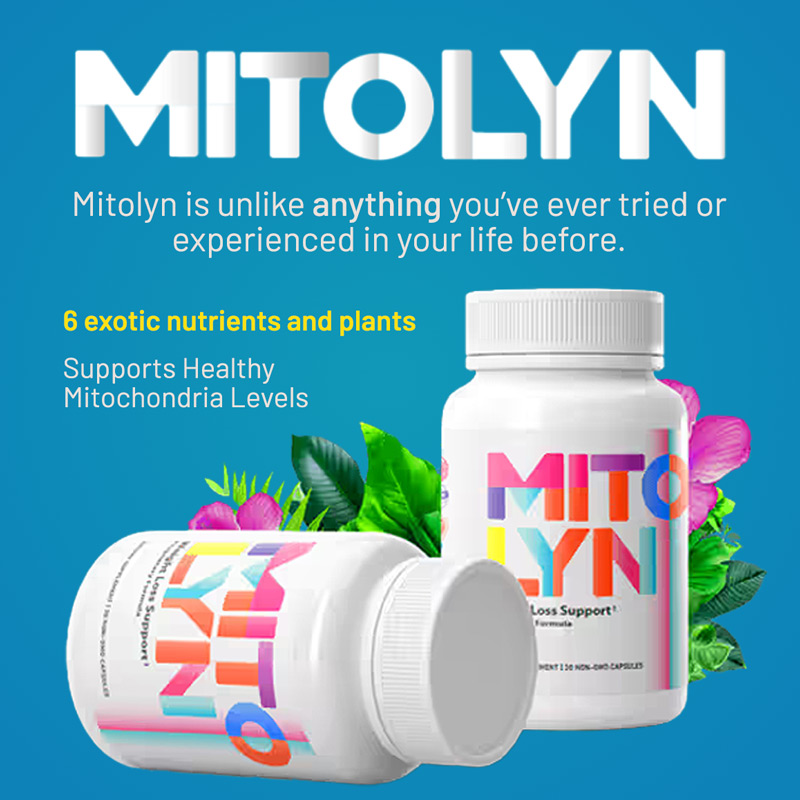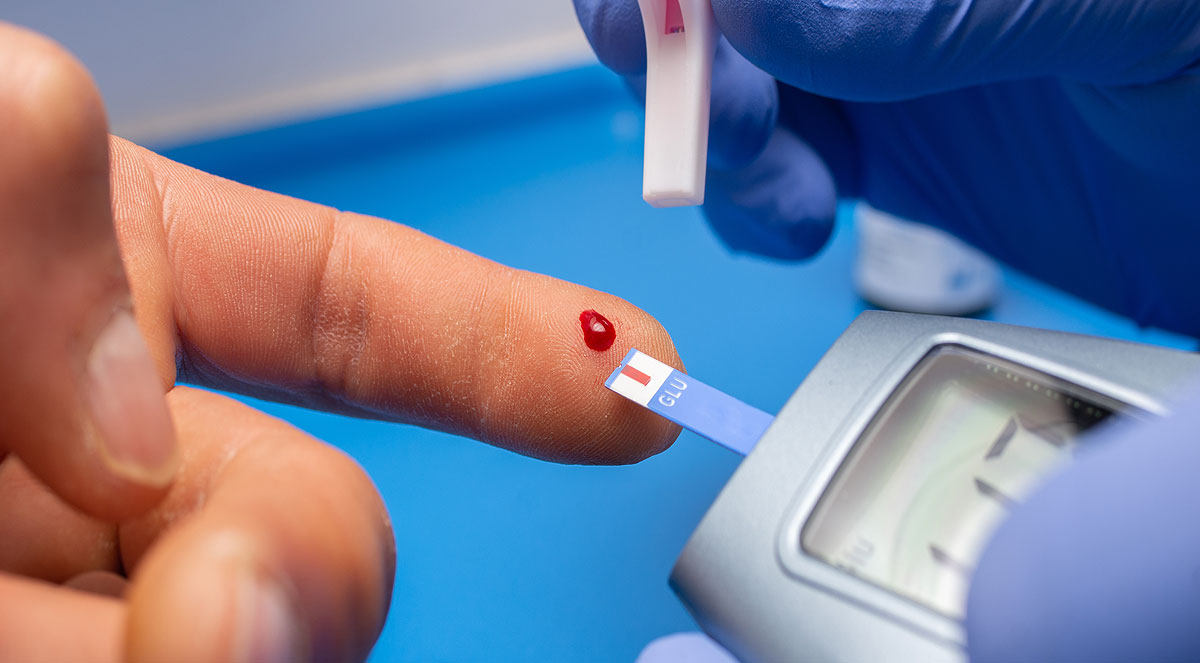In today’s fast-paced world, hustle is glamorized. We wear exhaustion like a badge of honor, celebrate sleepless nights, and romanticize productivity at all costs. But here’s the thing: constant grind without meaningful recovery is not only unsustainable—it’s counterproductive to your health, your performance, and your happiness.
The science is clear: rest isn’t weakness. It’s biology. If you truly want to thrive—whether physically, mentally, or emotionally—learning to rest intentionally is just as important as any workout, diet plan, or morning routine. Let’s break down why recovery is so vital, what the science says about it, and how you can start making rest a more intentional part of your wellness journey.
Rest and Recovery: What’s the Difference?
Before we get into the science, it’s worth clarifying something important. Rest and recovery aren’t exactly the same.
Rest is the act of pausing—physically or mentally. It could be sleep, a day off, a walk in the park, or even ten minutes of deep breathing.
Recovery is a more active process. It’s how your body and mind repair themselves after stress, whether it’s physical strain from exercise or mental exhaustion from work or emotional burnout.
Both are essential, and they work best when they happen consistently and with purpose.
Your Body Needs Downtime to Function
Let’s start with the body. Every time you push yourself—whether at the gym, on the job, or through a demanding life situation—you’re using up physical and mental resources. Muscles get torn during exercise and rebuild stronger during rest. The nervous system gets taxed during stress and recalibrates during periods of calm. Even your immune system functions better when you’re well-rested.
When you don’t allow your body to recover, you’re more prone to inflammation, injury, hormonal imbalances, and chronic fatigue. Studies show that sleep deprivation alone can impair your metabolism, disrupt appetite-regulating hormones, and reduce insulin sensitivity—all of which make it harder to maintain a healthy weight or build muscle.
So while pushing harder might feel like the “disciplined” thing to do, science says it’s actually rest that fuels real progress.
Rest Fuels Mental Clarity and Creativity
Ever notice how your best ideas seem to pop up when you’re in the shower, taking a walk, or just doing nothing? That’s not a coincidence.
Your brain is constantly processing, sorting information, solving problems, and connecting the dots. But it needs downtime to do this well. When you rest, especially through sleep or “mind-wandering” time, the brain activates its default mode network—a powerful system that supports memory consolidation, emotional regulation, and creative thinking.
According to research from Harvard and Stanford, people who take regular breaks throughout the day not only experience less burnout but also perform better on cognitive tasks. Taking a break actually sharpens your focus and productivity over the long term. So instead of forcing yourself to power through fatigue, try honoring your brain’s natural rhythms.
You’ll be amazed how much more you get done when you stop trying to be “on” all the time.
Chronic Stress: The Silent Saboteur
Stress isn’t always bad. In fact, short bursts of stress (called acute stress) can be motivating and help you rise to challenges. But chronic stress—stress that doesn’t go away—keeps your body in a constant state of fight-or-flight.
Over time, this drains your adrenal glands, increases cortisol levels, and weakens your immune system. It also messes with your sleep, digestion, and emotional resilience. And here’s the kicker: most people don’t even realize they’re operating under chronic stress until it starts manifesting as physical symptoms—like headaches, insomnia, anxiety, or burnout.
Intentional rest, especially when practiced daily, helps regulate your nervous system. Activities like meditation, deep breathing, nature walks, journaling, and even gentle stretching have been shown to activate the parasympathetic nervous system—your body’s natural “rest and digest” mode. This is where real healing begins.
The Sleep Factor: Quality Over Quantity
You can’t talk about rest without talking about sleep. Yet, in a culture that celebrates late-night hustle and early-morning grind, sleep is often the first thing we sacrifice.
Big mistake.
Sleep is when your body undergoes the most intense recovery, repairing cells, detoxifying the brain, balancing hormones, and consolidating memories. Most adults need between 7 and 9 hours of quality sleep per night. If you’re regularly getting less than that, no amount of coffee or motivation is going to fix the underlying damage.
To improve your sleep hygiene, focus on going to bed and waking up at the same time every day, limiting blue light exposure before bed, and avoiding caffeine in the afternoon. Sleep isn’t wasted time—it’s performance enhancement in disguise.
Redefining Productivity: Rest as a Strategy
One of the biggest mindset shifts we need to make is seeing rest not as the opposite of productivity, but as part of it. Athletes build rest days into their training for a reason—it’s when the body gets stronger. CEOs and creatives alike are now scheduling “think time” and unplugged weekends to improve decision-making.
When you allow space in your life—not just for sleep, but also for joy, stillness, and doing nothing—you start to function better across the board. Your mood improves, your energy returns, your immune system strengthens, and your clarity sharpens.
Ironically, it’s when you stop hustling 24/7 that you unlock your highest potential.
So, How Do You Start Resting Better?
It’s not about quitting your job or canceling all your plans. It’s about building micro-rest into your life—small, intentional pauses that give your body and mind space to reset.
Take 5-minute breathing breaks during work. Go for a walk instead of doomscrolling. Carve out one evening a week for a no-technology, slow-living routine. Say no more often. And most importantly, stop glorifying burnout. Rest isn’t laziness—it’s smart, strategic, and science-backed.
Final Thoughts
True wellness isn’t about how hard you can push yourself. It’s about how well you can recover. In a culture obsessed with the grind, choosing to rest is a radical act of self-respect. It’s not just good for you—it’s essential.
So permit yourself to rest without guilt. You’re not falling behind. You’re building the foundation for a stronger, healthier, more vibrant you.






